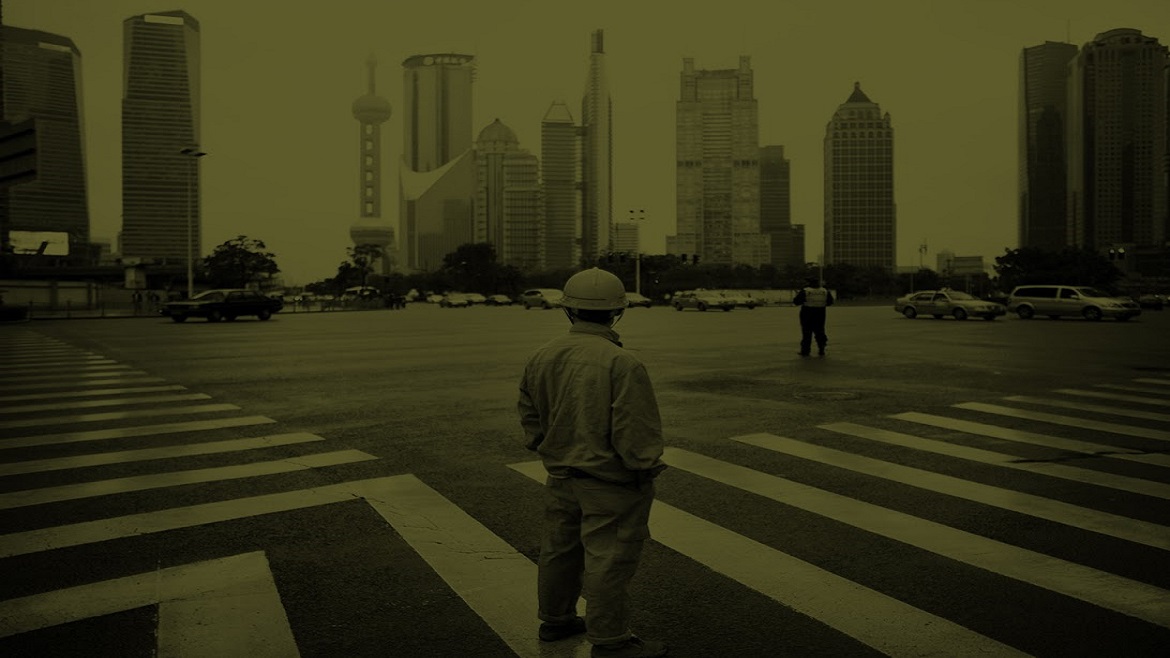In recent years the Chinese government has made antitrust a higher priority. There are new laws and regulations, and antitrust regulators in China are rapidly growing in confidence and sophistication. The number of investigations has dramatically increased, particularly in the last year, and companies operating in China face new levels of complexity and risk. Many recent investigations have focused on companies' supply chains and distribution strategies, in particular, alleged resale price maintenance (RPM), i.e. a supplier requiring or encouraging customers to use a fixed or minimum resale price. Companies have also been scrutinised for requiring a distributor or supplier to deal only with itself and for allegedly charging unreasonably high prices to distributors or consumers.
In this new legal era there are four key things to watch out for.
- High fines: China's antitrust agencies have already imposed heavy fines for RPM. For example, in August this year, China's pricing regulator, the National Development and Reform Commission (NDRC) imposed record fines of RMB 670 million (about US$109 million) on six baby-formula manufacturers, five of them multinational companies, for RPM agreements with distributors. Earlier this year, two Chinese liquor makers were fined RMB 449 million (about US$73 million) for RPM agreements with distributors.
- Investigations: Investigations are intrusive, time-intensive and harmful to companies' brand reputation. The NDRC has conducted several "dawn raids" (i.e. unannounced visits to search business premises for evidence of antitrust violations), and competition regulators are using increasingly sophisticated search methods, including electronic data search systems. Allegations are often made public resulting in adverse publicity.
- Damages claims: Companies may also face lawsuits by dealers and distributors for financial harm from these RPM arrangements. On 1 August 2013, the Shanghai Higher People's Court concluded that a major international medical device maker had infringed Chinese competition law by imposing RPM on its distributor, and (reversing the lower court's decision) ordered the medical device maker to pay damages of RMB 530,000 (about US$86,000).
- Which industries? Supply chain investigations continue in sectors as diverse as pharmaceuticals, foreign luxury car dealerships, eye care, and white goods. The common trend is investigations in consumer-facing industries sectors of political and economic priority in the Chinese economy, such as, healthcare or the food industry. Within these sectors Chinese regulators are focusing attention on industry leaders.
What's next? Given this new enforcement landscape, multinational companies operating in China should urgently review their supply chain practices. They need to check their distribution contracts for possible RPM clauses, update internal compliance policies and make their local team more aware of competition law issues through training programmes. This will minimise the risk and costs of violating competition law. Competition law can benefit all parties: it protects consumers and allows companies to compete fairly, thereby encouraging enterprise and efficiency.
This post is part of a series managed by the Economist Intelligence Unit for the Global Connections website.
The views and opinions expressed in this article are those of the authors and do not necessarily reflect the views of The Economist Intelligence Unit Limited (EIU) or any other member of The Economist Group. The Economist Group (including the EIU) cannot accept any responsibility or liability for reliance by any person on this article or any of the information, opinions or conclusions set out in the article.




